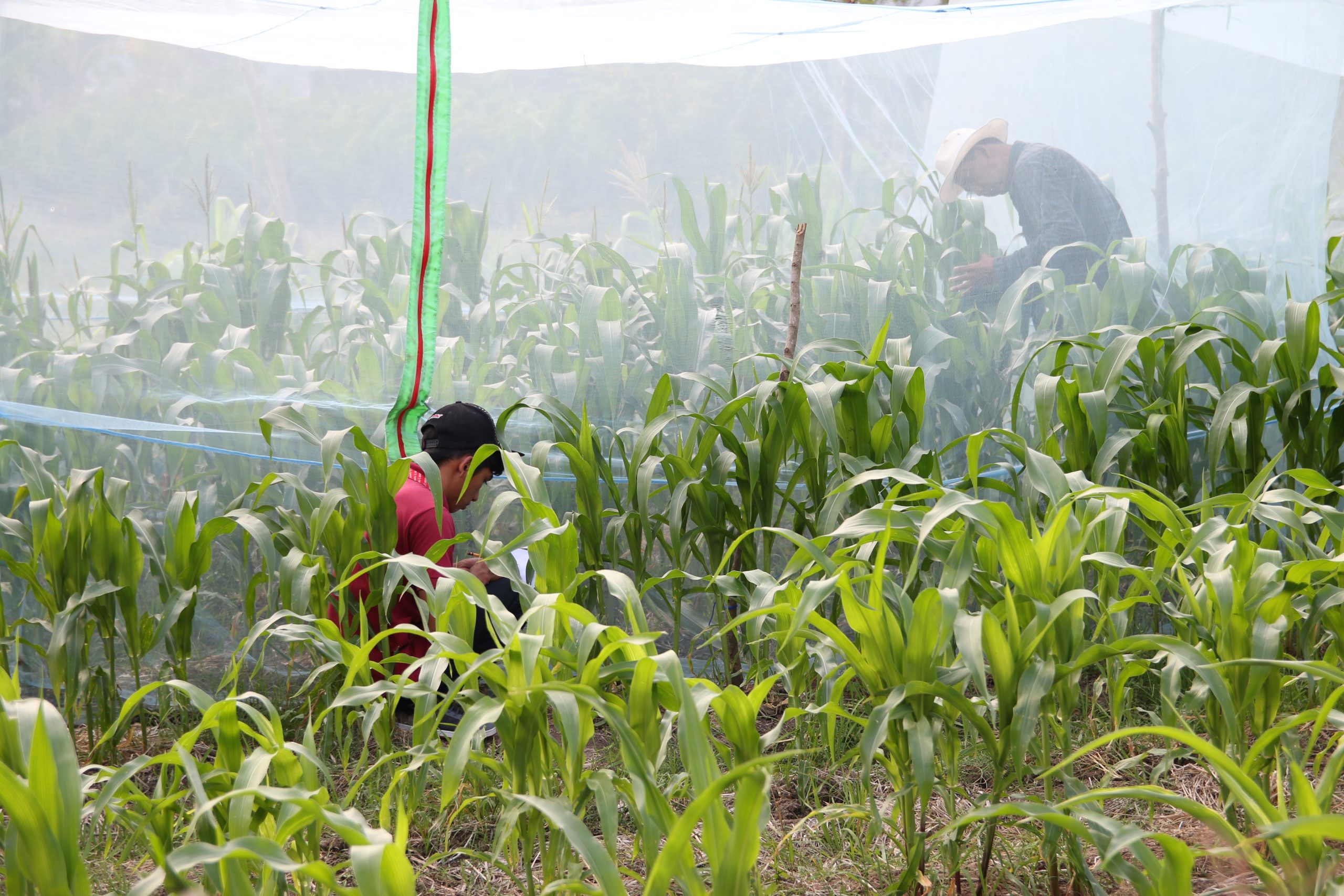
On June 30, UPLB submitted to the Department of Agriculture (DA) a document that can influence the direction of Philippine agriculture under the new administration.
The document titled “One Research for Development and Extension Agenda and Programs (One R4DEAP)” culminated six months of research and nationwide consultations with experts and stakeholders spearheaded by UPLB after they were tapped by DA last December.
It details guidelines for the harmonization of research and extension (R&E) toward the modernization and industrialization of Philippine agriculture under the OneDA Research for Development and Extension (R4DE) System.
Experts from UPLB, along with the DA through its attached bureaus, agencies, and regional field offices; state universities and colleges (SUCs) and higher education institutions (HEIs); and other key agrifisheries stakeholders worked on the document.
Harmonizing agrifisheries R4D and extension for development
The One R4DEAP provides guidance in addressing deficiencies in the existing R4DE system identified during a rapid assessment conducted by the DA and the project team.
Among the major features of the document is the 2022 R4DE continuum framework. Developed by the Bureau of Agricultural Research (DA-BAR) and the Agricultural Training Institute (DA-ATI) to address the significant fragmentation between research for development and extension systems and operations, the framework utilizes the interface between the two to enhance the harmonization of all R4DE programs and activities of the DA. It also identifies the specific roles of R4DE actors along the continuum.
Following legal provisions and good practices of other countries such as Korea and India, the document endorses the mainstreaming of Province-led Agriculture and Fisheries Extension Systems or PAFES through the strengthening of provincial and local governments’ financial and operational capacities. In this scheme, the “steering” function of the DA and national government agencies, and the “rowing” function of provincial and local governments are outlined.
The One R4DEAP identifies agrifishery knowledge management for development, technology incubation, technology scaling processes, and co-design of technologies as areas for integrated R4DE. It also explains how co-development, co-financing, and co-implementing of initiatives are seen as possible modes of convergence for agrifisheries R4DE.
The principles of the AGORA or the “Accelerating Growth through One Research and Extension in Action,” the university’s R&E agenda, functioned as valuable supporting references for the development of the One R4DEAP. The AGORA also served both as a venue and a tool for discussions and the collection of data that fed into the aforementioned rapid assessment and the One R4DEAP.
Additionally, the document not only mentions the added burden of food insecurity, unemployment, and malnutrition placed upon disadvantaged populations such as women, the youth, the elderly, members of the LGBT+ community, and persons with disabilities (PWDs), but also explains their role in the creation of participatory and inclusive initiatives for agriculture.
Lastly, the One R4DEAP lays out a communication plan and guidelines for the planning, implementation, monitoring, evaluation, and enhancement of all agrifisheries programs and initiatives under the improved OneDA R4DE System.
Advancing PH agriculture through the One R4DEAP
Agriculture plays a vital role in the attainment of several sustainable development goals (SDGs), specifically those focusing on the eradication of poverty and hunger, promoting health and economic growth, and ensuring responsible utilization and protection of natural resources.
Institutional and operational reforms offer entry points for the revitalization of Philippine agriculture amidst global digital transformation and ongoing health and democratic crises. The One R4DEAP hopes to provide evidence-based assistance to the new administration, which has recently stated its aspirations for a food-sufficient Philippines.
The development of the One R4DEAP is one of the four components of the DA-BAR-funded “Revitalizing the Technical Capabilities of the DA in Support Towards the Transformative Programs and Policies for the Agriculture and Fisheries Sector” project, led by Vice Chancellor for Research and Extension Nathaniel Bantayan.
The component team that drafted the One R4DEAP document was headed by the UPLB College of Public Affairs and Development-Center for Strategic Planning and Policy Studies Director Aileen Lapitan.
The three other components of the project (i.e., the conduct of the rapid assessment of the DA’s R4DE system, capacity building of DA personnel, and the development of a central database on agricultural commodities) also kicked off in January 2022.
